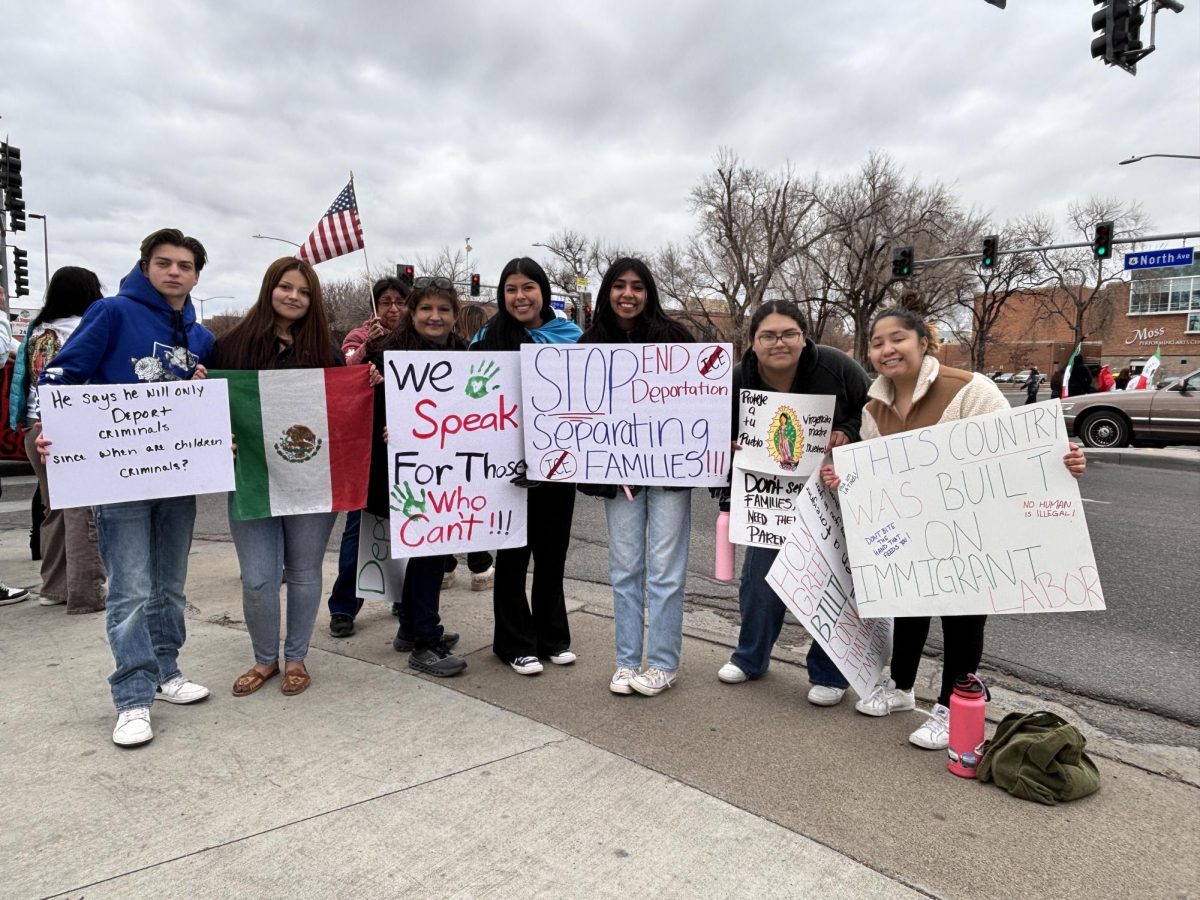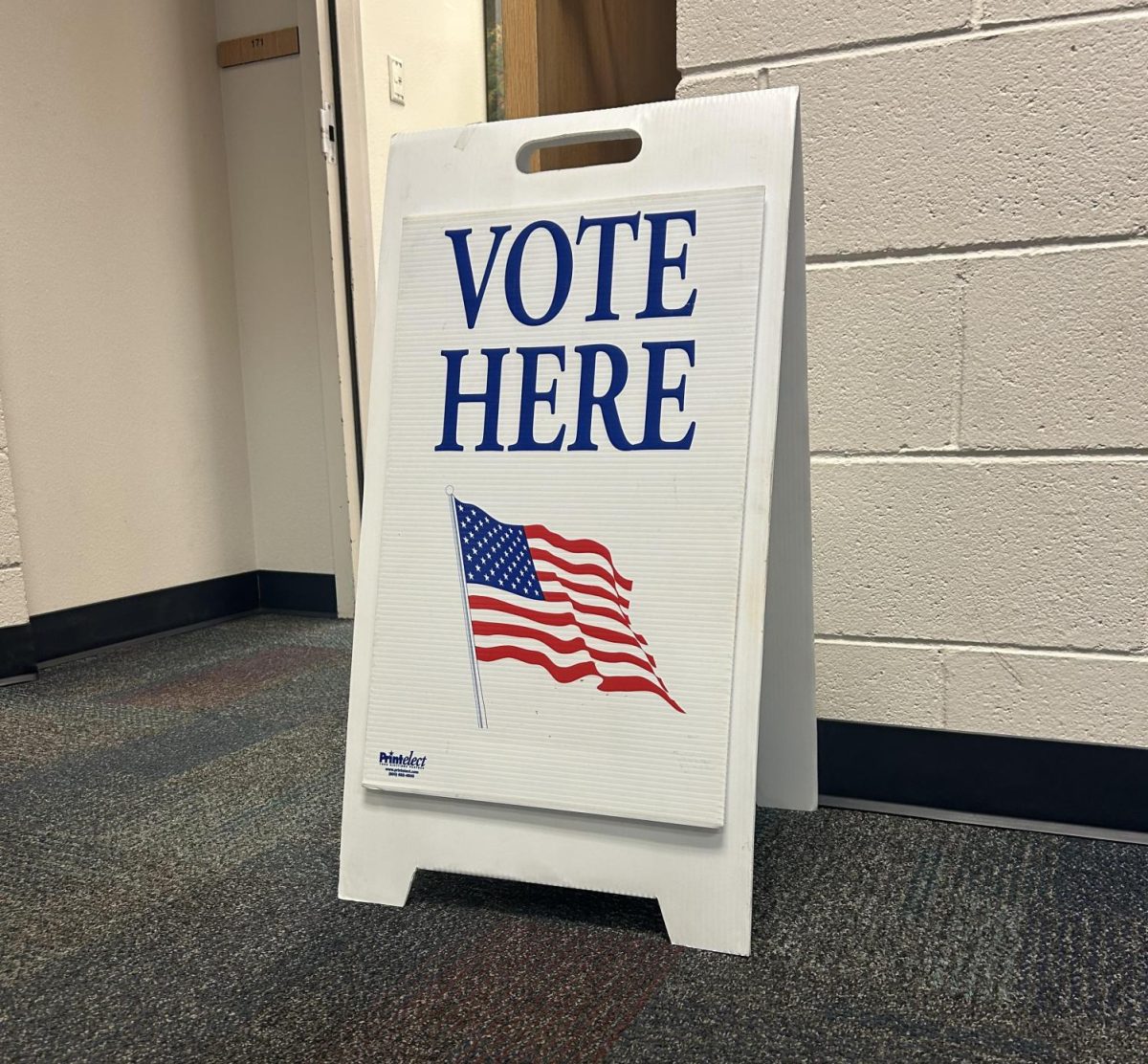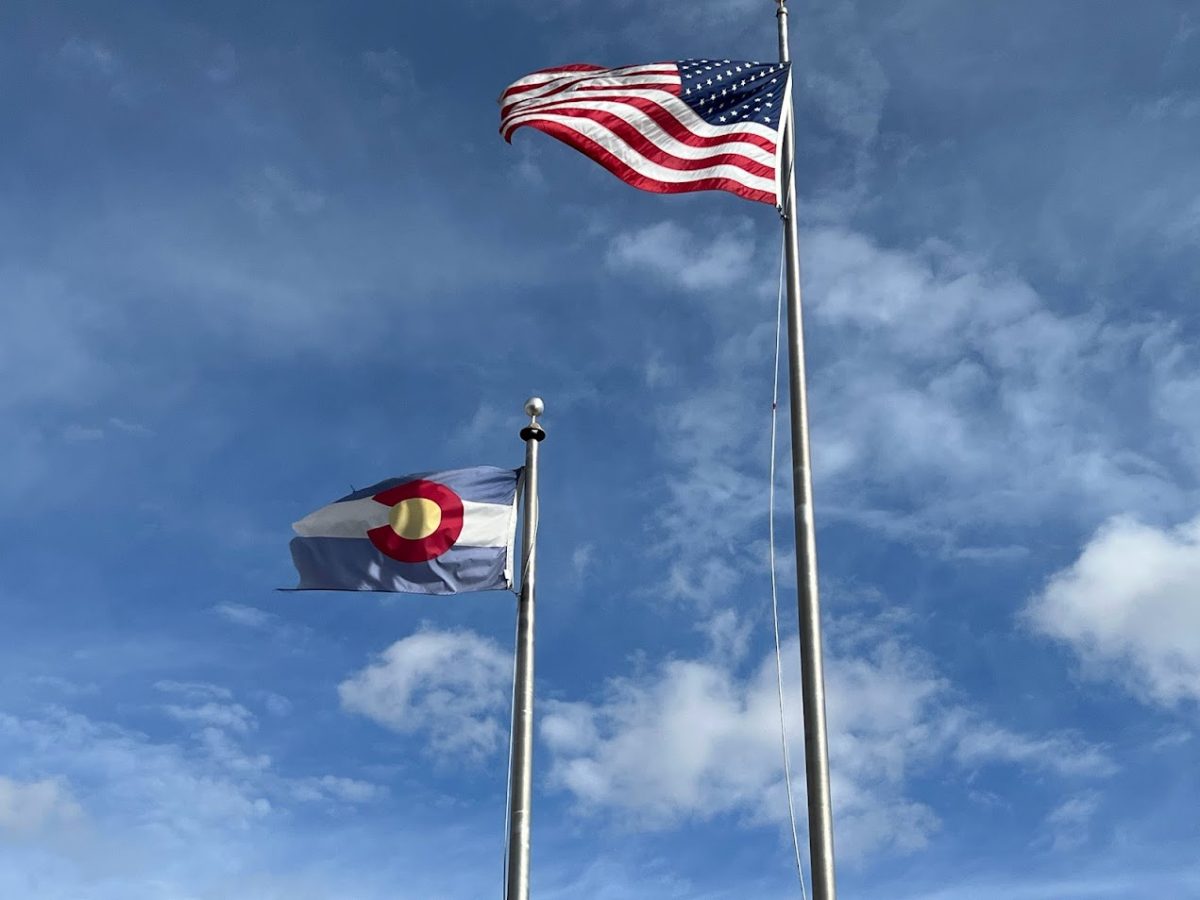The Supreme Court recently made a landmark decision that will have far-reaching implications for the United States. In 2022, a group of Colorado voters obtained enough signatures on a petition to remove former President Donald Trump from the Colorado ballot for the 2024 presidential election, citing his alleged incitement of insurrection on January 6, 2021. They invoked the 14th Amendment, which states that “No person shall be a Senator or Representative in Congress, or elector of President and Vice-President, or hold any office, civil or military, under the United States, or under any State, who, having previously taken an oath, as a member of Congress, or as an officer of the United States, or as a member of any State legislature, or as an executive or judicial officer of any State, to support the Constitution of the United States, shall have engaged in insurrection or rebellion against the same, or given aid or comfort to the enemies thereof.” The petition was brought before a district court, which ruled that while Donald Trump did engage in insurrection, the 14th Amendment did not apply to the President, and he could not be removed from the ballot.
Six voters appealed the district court’s decision to the Colorado Supreme Court, which overruled the district court and held that Donald Trump did, in fact, incite an insurrection and that Section 3 of the 14th Amendment did apply to the President. The Court ordered that Donald Trump be removed from the Colorado ballot for the 2024 presidential election, unless he appealed before January 4, 2024. If Donald Trump did not appeal, the ruling took effect. In response, he took to his Truth Social account and asserted that he was not an insurrectionist and that the decision was a “witch hunt.”
Legal experts have offered differing opinions on the ruling. Some have warned that the decision could limit the judicial branch’s power to interpret the 14th Amendment, while others have seen it as a missed opportunity to make a clear statement on the values of the country. They have pointed out that the justices avoided weighing in on whether Trump bore responsibility for the Capitol attack. Ultimately, the Supreme Court concluded that while states may disqualify individuals holding or attempting to hold state office, they have no power under the Constitution to enforce Section 3 of the 14th Amendment with respect to federal offices, especially the Presidency. The Court determined that Congress, rather than the states, is responsible for enforcing Section 3 against federal officeholders and candidates.
I had the opportunity to interview Zeke Collins and he stated that he understands both sides of the argument regarding the disqualification of the 14th amendment. However, he believes that if this were allowed, it would give states the power to control federal elections and maybe overstep their power








































Leonard • Apr 11, 2024 at 9:57 pm
Very informative